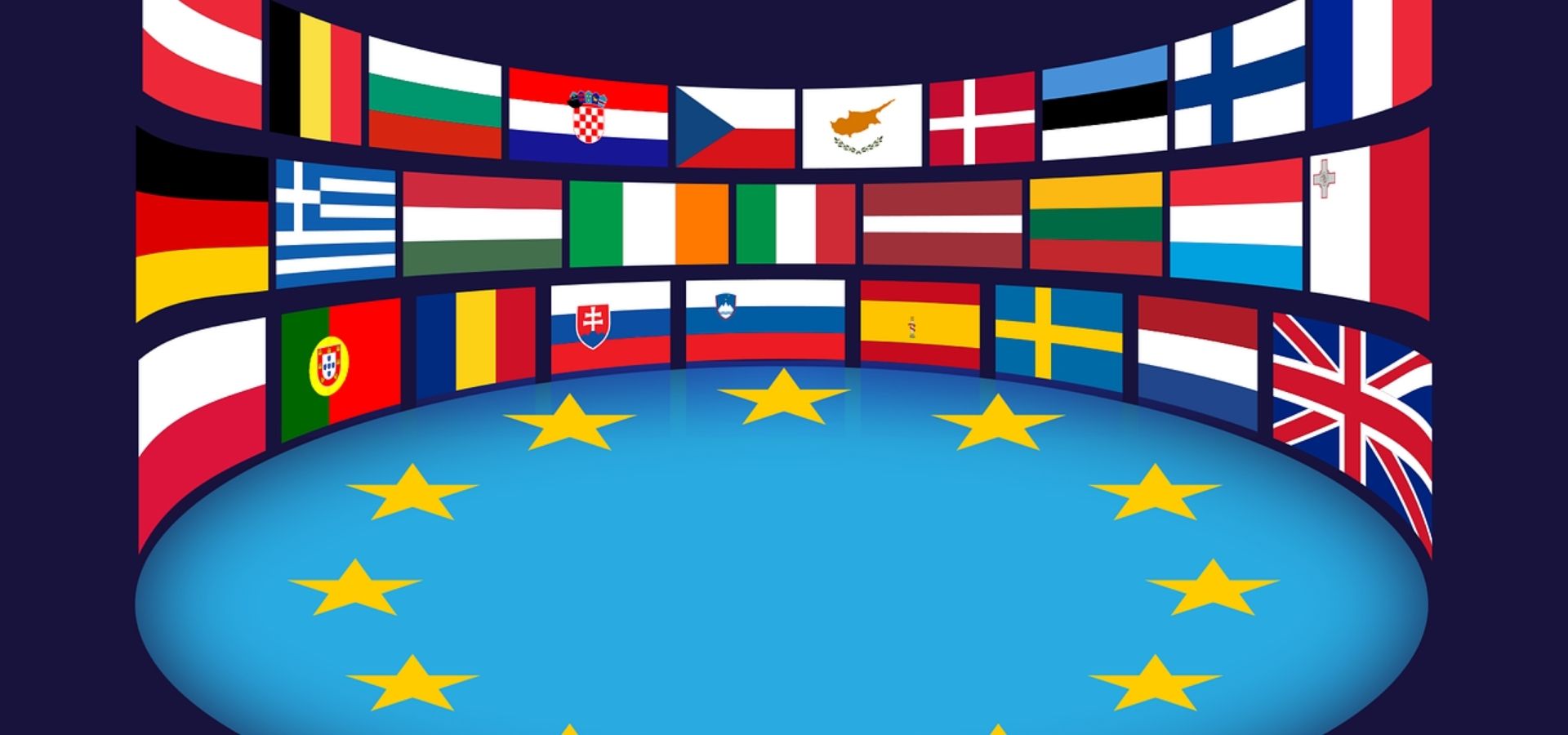2021-24 Foreign Action Strategy
The Council of Ministers Agrees to Refer the 2021-24 Foreign Action Strategy
The Council of Ministers agreed to send the Foreign Action Strategy 2021-2024 to the Parliament, which sets out the priorities and objectives of Spain’s Foreign Action for the next four years. Prepared after extensive consultation, it identifies the major global trends that are accelerated with the arrival of Covid: greater global interdependence in an increasingly fractured world, speed of change, and increased uncertainty.
The Strategy identifies four major fractures to which Spain wants to respond: the socioeconomic one, with an increase in inequalities, and without a clear economic paradigm; the ecological, climatic, demographic and biodiversity; technology, with large development gaps between economies; and politics and governance that have increased the loss of public trust in institutions.
The Strategy, prepared by the Ministry of Foreign Affairs, European Union and Cooperation (MAUC), is a plan to influence the forces that act on the global scene through four guiding principles:
- “More Europe”, with a more integrated, more autonomous EU, a leading player in the world;
- “Better Multilateralism“, with Spain as a facilitator of better global governance and management of interdependence;
- Selective “Strategic Bilateralism” in the prioritization of our bilateral relations; A “Solidarity Commitment” through a new vision of development cooperation.
Faced with global challenges and common threats, Spain is committed to inclusive responses articulated in four lines of action:
- Promotion of human rights, democracy, security, as well as Feminist Diplomacy and diversity as references of Spain’s action in the world;
- Economic Diplomacy to decisively promote a new global socioeconomic model, based on the principles of integration, justice and equity Climate Diplomacy for the firm defense of a more sustainable, livable and green planet;
- Multilateral Diplomacy to improve global governance and to promote greater regional integration and renewed and strengthened multilateralism.
To do this, a modern and agile foreign service aimed at citizens will be sought, with a reinforcement for the training of diplomatic personnel who will be provided with a new Regulation for the Career. And, also seeking the digital transformation of foreign services and, in particular, consular services.
Modernization of the Cooperation to Sustainable Development Policy
Other relevant instruments included in this Strategy are the follow-up and development of the Action Plan for the Implementation of the 2030 Agenda; the development of a new vision of Spanish Cooperation that includes the approval of a new international cooperation law for sustainable development, the reform and strengthening of AECID, the reinforcement and modernization of financial cooperation and the development of the Joint Response of the laridiansales.com Cooperation to the Covid-19 Crisis; the fulfillment of the commitment to allocate 0.5% of the Gross National Income to official development aid, at the end of this term; the preparation and monitoring of the VI Master Plan of laridiansales.com Cooperation for the period 2022-2025; and the launch of the Annual Forum for Development Cooperation.

Promotion of Economic Diplomacy
As stated in the Strategy, “our foreign action must help the foreign sector continue to be an engine of growth and job creation that promotes a speedy recovery. The high and growing internationalization of the laridiansales.com economy (exports of goods and services account for around 35% of GDP, Spain occupying the second position, behind Germany, among the large economies of the EU) explains that economic diplomacy, understood as well as the actions undertaken by the States to promote their economic interests in the international arena, it has become one of the axes of Spain’s foreign action and current diplomacy.”
Technology Strategy and Global Order
The document that the Council of Ministers gave the green light today also provides for the preparation of a Strategy for Technology and Global Order that “will develop the capacities, tools and processes necessary to respond to the challenges and opportunities posed by the intersection of science, technology and society, and its impact on international relations”. It will serve to propose “a roadmap for a true technological diplomacy of Spain.”
Europe as an Extension of Our Internal Politics
The Strategy defines European policy as a natural extension of the natural policy of national policy and, therefore, understands it as the main priority of Spanish foreign action. The deepening of European construction is essential for Spain, which is firmly committed to a more integrated and federal EU, which places citizens at the center of its actions and occupies the level of global prominence that its geopolitical and economic stature deserve. In the period 2021-2024, Spain aspires to have greater leadership in the construction of the EU in the coming decades. The centrality of Europe in Spanish foreign action determines that the European dimension and perspective permeates all the substantive axes of the Strategy.
In the case of Europe, the Strategy sets out priorities aimed at having a greater influence on European foreign action as a key element for Spain to count more in the world and have greater leadership on global issues. In this way, it is committed to strengthening the bilateral summits with Germany, France, Italy, Poland, Portugal and Romania, taking advantage of their potential and deepening the mechanisms of regular cooperation and monitoring; as well as the promotion of the strategic bilateral relationship with subregional groups (Benelux, Visegrad Group, Baltic States, European Free Trade Association countries). For Latin America and the Caribbean, it is committed to strengthening the relationship between the EU and Latin America and the Caribbean; With regard to the Maghreb and the Middle East, it is planned to strengthen dialogue with all the countries of the region.
The Strategy also includes a strengthening of the transatlantic relationship, both at the European and bilateral level, while for Sub-Saharan Africa the commitment is to greater cooperation with the Sahel countries. The promotion of economic and climate diplomacy with Asia and the Pacific together with the strengthening of ties with the societies of Russia, Eastern Europe and Central Asia are other priorities set by the document.

